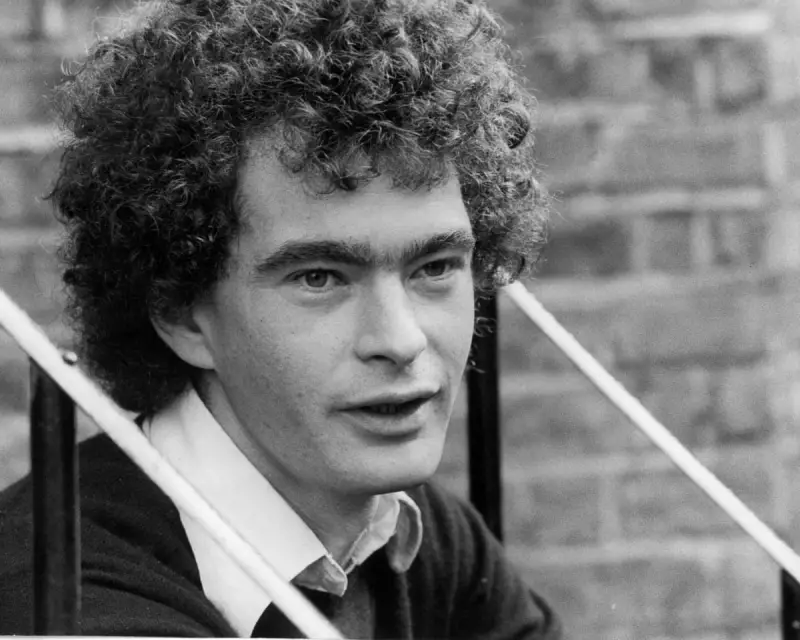
The literary world is mourning the loss of Brian Patten, the revered Liverpool poet whose accessible yet profound verse made him one of Britain's most beloved literary figures. As a key architect of the 1960s Merseybeat movement, Patten helped democratise poetry for generations of readers.
The Voice of a Generation
Alongside fellow poets Roger McGough and Adrian Henri, Patten formed the legendary trio behind "The Mersey Sound" anthology. This groundbreaking 1967 publication would become one of the most influential poetry collections of the 20th century, selling over half a million copies and introducing poetry to audiences who had never previously engaged with the art form.
From Humble Beginnings to Literary Stardom
Patten's journey began in Liverpool's working-class neighbourhoods, where he left formal education at just 15. His early writing talent was spotted by the Liverpool Echo, which published his first poems and launched what would become an extraordinary six-decade career.
His unique gift lay in blending everyday experiences with profound emotional insight, creating work that resonated equally with children and adults. As McGough noted, Patten possessed "the heart of a showman and the soul of a poet."
A Legacy Beyond the Page
Patten's influence extended far beyond his written work:
- His dynamic readings captivated audiences in pubs, theatres and festivals worldwide
- He authored numerous acclaimed poetry collections for both adults and children
- His work celebrated love, loss and the human condition with rare honesty
- He inspired countless young writers to find their own poetic voice
Despite international acclaim, Patten remained deeply connected to his Liverpool roots, often drawing inspiration from the city's vibrant cultural landscape and the ordinary lives of its inhabitants.
An Enduring Influence
Patten's passing marks the end of an era for British literature, but his legacy continues through the countless readers and writers he inspired. His work demonstrated that poetry could be both artistically significant and widely accessible—a lesson that continues to shape contemporary British poetry.
As literary historian Professor Paul Simpson noted, "Brian didn't just write poems; he created emotional landscapes that felt like home to thousands of readers."





